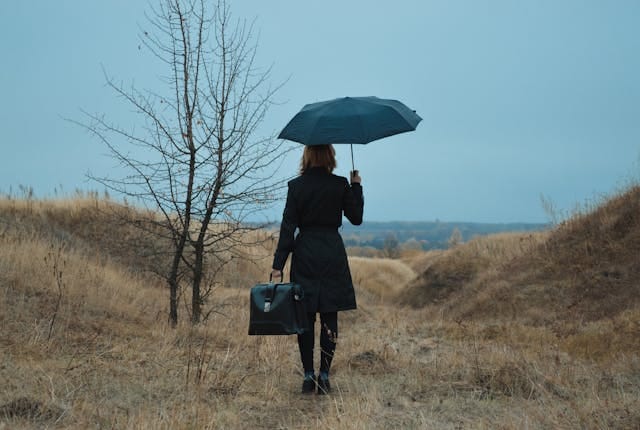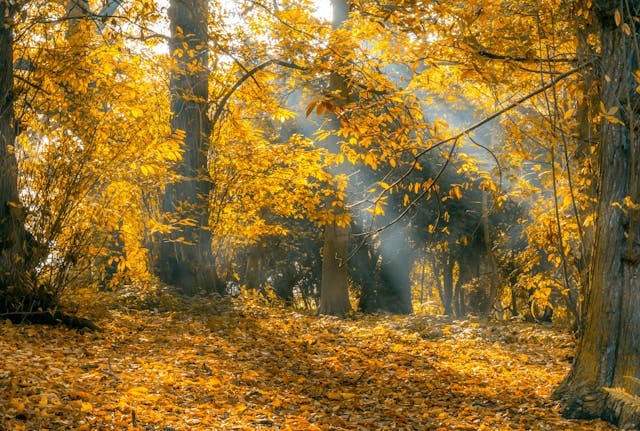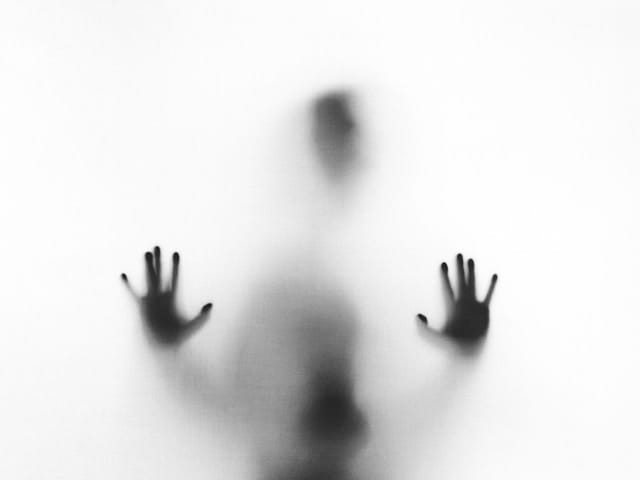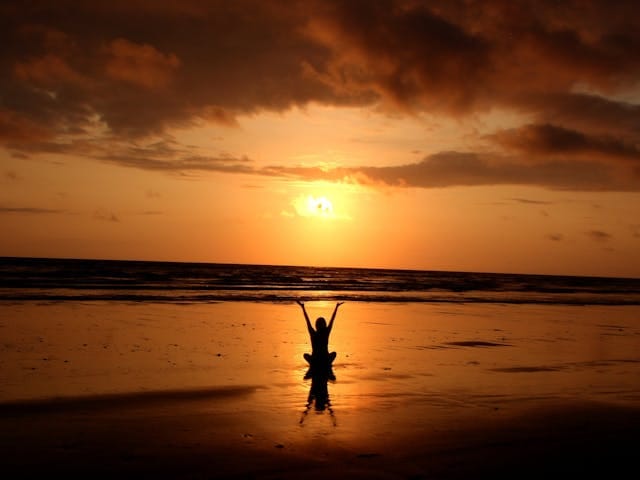
A few days ago, we witnessed the end of winter and the beginning of spring. You may have noticed the frequent debate on social media these times, with some divided between summer lovers and winter lovers. Every team has its reasons! Summer lovers claim that winter makes them depressed. While winter lovers claim that summer makes them irritable and spoils their mood. These conditions are associated with the term seasonal depression, in reference to the change of seasons and mood disturbance at the same time every year. Is this real? In this article we will learn more about this disorder.
What is seasonal depression?
It is a type of depression that usually occurs when the seasons change, and the common name for it is winter depression. Perhaps it is associated in people’s minds only with winter, given that it is more common at this time of the year than other seasons. However, what some people do not know is that seasonal depression occurs after the change of seasons, and it may occur in the summer as well.
Seasonal depression timing:
Winter depression:
It begins in late fall and continues into the first months of winter. When spring arrives, the acute feeling of bad mood disappears, and a noticeable improvement appears.
Summer depression:
It begins in late spring and continues into the first months of summer. The individual notices an improvement in his mood with the end of summer and the advent of fall.

Does the change of seasons affect our mood?
Yes, in some cases, moods are linked to the change of seasons. We will try to clarify the matter in the following points:
- The change in mood according to the seasons of the year is scientifically known as (Seasonal Affective Disorder), and seasonal depression is one of these disorders.
- The chances of developing this disorder increase with age.
- Seasonal affective disorder affects women more than men.
- Patients with bipolar disorder are more likely to develop seasonal affective disorder. Patients suffer from a relapse (another attack of the disease) at a specific time of the year, and attacks occur seasonally.
- The chances of developing seasonal depression increase the farther we are from the equator. Therefore, we see more cases in cold regions and in countries with short days, such as Scandinavian countries (Norway, Sweden).
What are the symptoms of seasonal depression?
First, you must make sure that there is no other health problem. Some diseases, such as (heart disease, thyroid hormone disorder) may cause depressive symptoms, and in this case, the change of seasons is not the cause of the bad mood. The following symptoms may indicate the possibility of seasonal depression:
- Sleeping for long periods (more than usual).
- Feeling sleepy during the day.
- Apathy and loss of interest in favorite things and events.
- Loss of ability to enjoy hobbies or daily activities.
- Stress and anxiety.
- Rapid fatigue and feeling tired more of the time and with less effort.
- Lethargy, laziness, and weight gain.
- Increase appetite and eat a lot of food, especially sugars and starches.
- Lack of concentration.
- Frequent headaches.

Symptoms of seasonal depression associated with summer:
Its symptoms are usually associated with manic episodes in patients with bipolar disorder
- Difficulty sleeping (insomnia).
- Hyperactivity and increased activity.
- Anxiety and agitation.
- Impulsiveness.
- Ease of arousal.
- weight loss.
These symptoms are similar to many other mental disorders, and may be symptoms of health problems. Therefore, it is always preferable to consult a doctor, and there is no harm in visiting a psychiatrist if necessary.
Why does seasonal depression happen?
There is no specific cause for seasonal depression, there are only some theories that try to explain it. Most theories focus on light and hormone levels in the body, which are affected by the extent of a person’s exposure to sunlight.
- For example, in winter the days get shorter and the nights get longer. Winter days are often cloudy, which means less exposure to sunlight.
- Starting at sunset, the body begins to secrete the hormone melatonin. On long winter nights, melatonin secretion increases.
- Studies show that people with seasonal depression also suffer from low levels of serotonin (the happiness hormone) in the brain.
- Some theories suggest that low levels of Vitamin D may be one of the contributing factors in developing this disorder. However, this is also due to lack of exposure to sunlight, as it is a source of vitamin D.
Complications of seasonal depression:
As mentioned earlier, seasonal depression is a type of depression. We noticed that the symptoms are similar to other psychological disorders and types of depression. Therefore, if the condition develops badly and we notice serious effects on aspects of our lives, we must visit a psychiatrist immediately. These complications can be described as follows:
- Isolation and loss of interest in social relationships.
- Being late in studying.
- problems at work.
- Wanting to commit suicide and thinking about plans to do so.
- Tendency to take and misuse drugs.
- Having other health or psychological problems.
What is the treatment for seasonal depression?
Phototherapy:
It involves the use of high-brightness light bulbs (incandescent light bulbs) to compensate for the lack of natural lighting on winter days. Bright light is directed toward the eyes to increase radiance and stimulate hormones associated with good mood.
Drug treatment
Your doctor may recommend general antidepressants, such as selective serotonin reuptake inhibitors (SSRIs), to relieve the psychological symptoms associated with seasonal depression.
Psychotherapy
Psychotherapy can have a positive impact in treating seasonal depression. The person can be directed to psychological counseling, such as cognitive-behavioral therapy (CBT), which helps change negative thought patterns and develop positive coping strategies.
Self care
A person should care about a healthy lifestyle, including regular physical activity, improving proper nutrition, maintaining a regular and good sleep pattern, reducing stress and practicing relaxation exercises.
Social support
Social support can be important in dealing with seasonal depression. The person should turn to friends and family and seek emotional and social support from them. It may also be helpful to join local support groups or get help from specialized health care professionals.

Preventing seasonal depression:
Fortunately, seasonal depression is predictable and is associated with certain times of the year. This helps us think about prevention methods. We can protect ourselves from severe mood changes when the seasons change by being exposed to sunlight (at sunrise or shortly before sunset), and trying to follow healthy methods such as exercising, sleeping for sufficient periods, and eating healthy and beneficial food. Most importantly, seek help and adhere to treatment if you suffer from seasonal depression.
